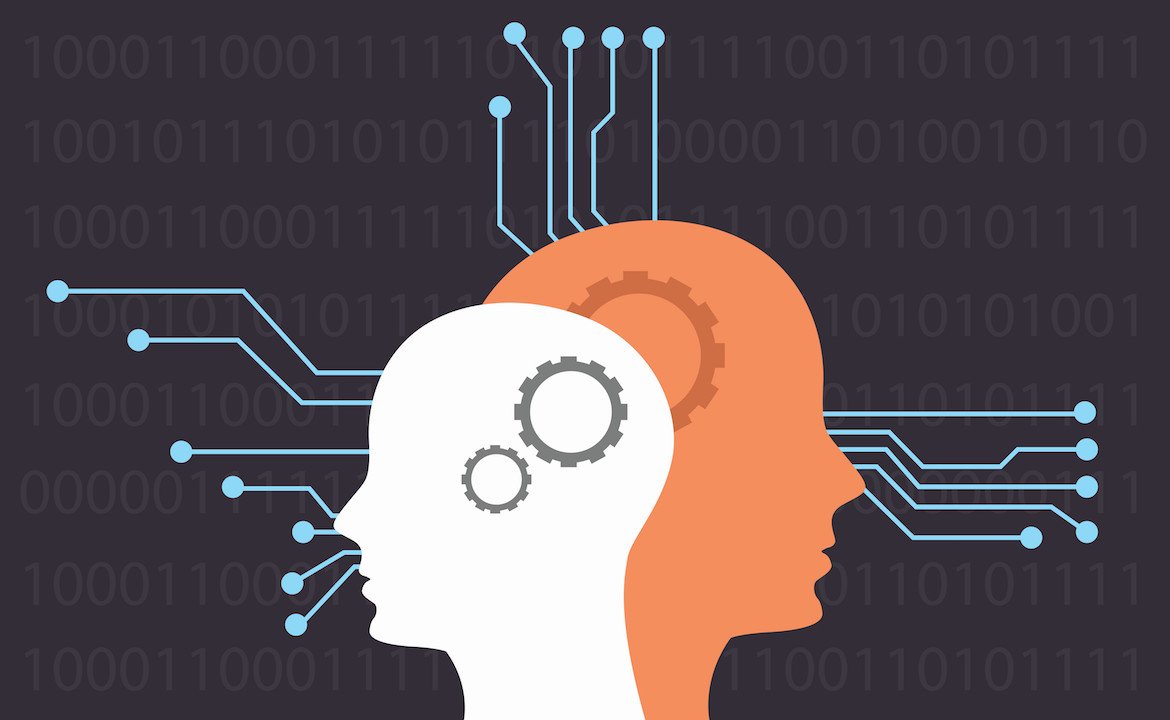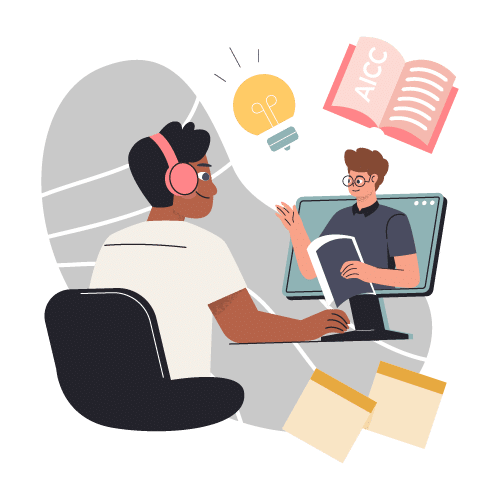Apple has Siri; Microsoft has Cortana; Amazon has Echo; and Google is looking for Google Home to be the next big thing in artificial intelligence. Unfortunately, most forays into the world of machine learning and artificial intelligence have been fairly underwhelming. But Apple hopes to change all that by banking big and bringing on developers and experts to build out their slow-moving AI division.
Google has long been king of giving users what they want before they ask, and Apple hopes to contend in a space that it has been uncharacteristically lagging. But why the sudden push for AI? Aren’t Siri and Cortana doing their job?
The Problem with Artificial Intelligence
Let’s face it: The device features that have been branded as artificial intelligence are merely glorified personal assistants. Sure, Siri can help you schedule an appointment and Echo can tell you the weather, but not until you specifically ask. While you might not think of your random Google search of funny cat memes as artificial intelligence, it’s actually closer to real thing: next time, Google will have learned from your past searches and will automatically alter your search results based on your preferences and your past search behavior.
Where Apple (and Microsoft and Amazon, for that matter) falls short is that their AI requires human prompts to work. Artificial intelligence should, by definition, learn from user behavior and change accordingly. Instead of setting an appointment when you ask, for example, Siri might be able to anticipate your weekly sales meeting and schedule before you even mention it to her.
The Race is On
Why are these tech giants taking AI so seriously? Beyond the fact that it’s a cool feature can drive sales, there’s a valuable eLearningaspect to consider. At ELM, we believe in personal learning ecosystems, which allow users to personalize custom learning pathways that are as natural and effortless as a Google search. Artificial intelligence and machine-based learning plays directly into the idea that learning shouldn’t be a formal, sit-down event, but something that happens both constantly and organically.
If Apple can develop a way for Siri to anticipate learning applications based on say, a learner’s location or Internet searches, the game is on: other tech companies would have to struggle to tap into a custom, personalized learning ecosystem that allows access to in-the-moment information. Users would likely abandon prompted learning in favor of devices that track behavior and anticipate how and when a learner wants information delivered.
The clear competition for artificial intelligence is highly significant for organizations hoping to improve training and information delivery: It proves that tech companies are taking artificial intelligence and learning seriously as a viable avenue for development. The race is on to create personal learning pathways that depend on the individual. First place will go to whatever company is revolutionary enough to imagine a world built upon learning ecosystems and machines that want to improve just as much as the learner does.






